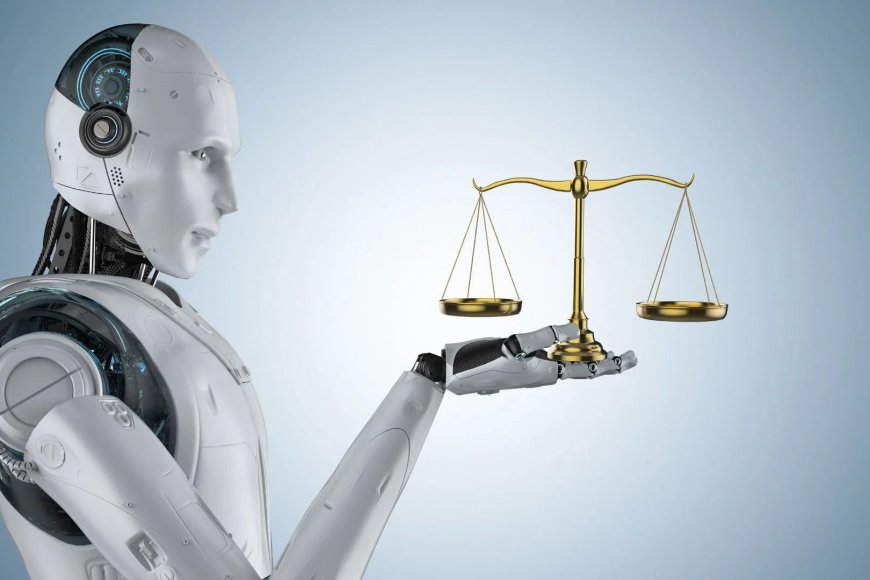US Government to Acquire 10% Stake in Intel

The prospect of federal ownership of a significant corporation signals a monumental shift in the United States' economic policy landscape, breaking from a deep-rooted tradition of laissez-faire capitalism. This potential development raises profound questions about the role of government in the economy, the implications for market dynamics, and the future of American entrepreneurship.
Historically, the United States has prided itself on a free-market economy, where the government’s role has primarily been one of regulation rather than ownership. This approach has fostered an environment conducive to innovation, competition, and private enterprise. However, the potential for federal government intervention at such a scale suggests a willingness to embrace a radically different economic model, one that could realign the relationship between the state and private business.
In recent years, the conversation around government ownership of corporations has gained traction, particularly in response to crises that have hit various sectors, such as the COVID-19 pandemic and the 2008 financial crash. During these times, the government stepped in to stabilize markets, offering bailouts and support to struggling industries. Yet, direct ownership remains a contentious issue, with proponents arguing that such action is necessary to protect jobs and ensure essential services, while critics warn it could lead to inefficiencies and stifle innovation.
The ramifications of federal ownership could be extensive. For instance, a government stake in a major corporation could lead to increased oversight and regulatory pressures, which might alter the company’s operational priorities. Federal involvement could also shift the focus from profit maximization to public welfare, potentially leading to more equitable practices but possibly hindering the competitiveness that drives many companies to innovate.
Moreover, the implications for investors and shareholders are significant. A government-owned corporation may face challenges in maintaining shareholder value, as market dynamics would be influenced by political agendas rather than solely by business performance. This could lead to a re-evaluation of investment strategies, with investors becoming wary of companies that could be subject to shifting government priorities.
The move towards federal ownership also raises ethical and philosophical questions about the responsibilities of government versus those of private entities. Proponents might argue that in sectors deemed critical to national interests—such as healthcare, energy, and technology—government ownership could ensure that these industries prioritize societal needs over profit margins. Critics, however, may assert that government involvement could lead to increased bureaucracy and inefficiency, undermining the very goals it seeks to achieve.
As the global economic landscape continues to evolve, the U.S. finds itself at a crossroads. Other nations have ventured into the realm of government ownership, with varying degrees of success. For example, many Scandinavian countries operate under models where the government maintains stakes in key industries, balancing public good with capitalist principles. These models provide a contrasting perspective that could inform U.S. policymakers as they contemplate the implications of federal ownership.
Additionally, the rise of public sentiment favoring more government intervention in the economy is a factor that cannot be overlooked. A growing number of Americans express concerns about income inequality, job security, and the influence of corporations on politics and policy. This shifting viewpoint could create a fertile ground for discussions around federal ownership, as citizens seek solutions that prioritize social responsibility over unchecked capitalism.
In the backdrop of these discussions, recent legislative proposals have emerged, suggesting that the government could take a more active role in specific industries. The push for a more robust public option in healthcare and discussions about regulating big tech companies hint at a broader acceptance of government involvement in areas previously thought to be the sole domain of private enterprise.
However, any transition towards federal ownership of corporations will require careful consideration and robust debate. Policymakers will need to navigate a complex landscape of economic theory, public sentiment, and practical implications. The challenge lies in ensuring that government intervention serves the public good without stifling the innovation and dynamism that characterize the American economy.
In conclusion, the idea of federal ownership of a major corporation is more than just an economic policy shift; it is a reflection of a changing society grappling with the complexities of modern capitalism. As the U.S. explores this uncharted territory, it will inevitably face the challenge of balancing the need for government oversight with the principles of a free market. The implications of such a shift could redefine the American economic landscape for generations to come.
What's Your Reaction?
 Like
0
Like
0
 Dislike
0
Dislike
0
 Love
0
Love
0
 Funny
0
Funny
0
 Angry
0
Angry
0
 Sad
0
Sad
0
 Wow
0
Wow
0





































